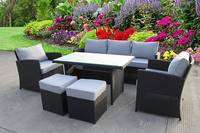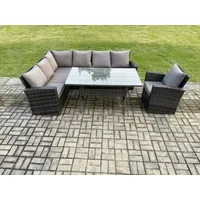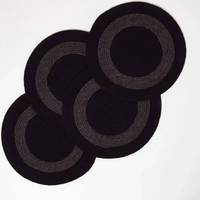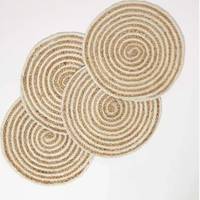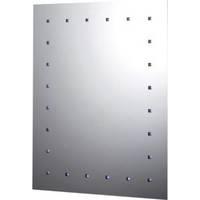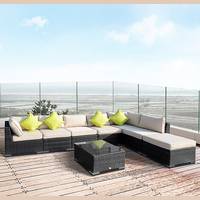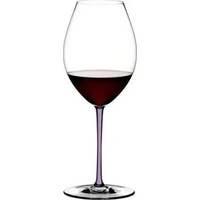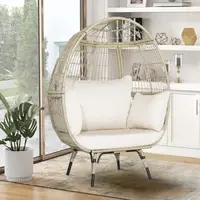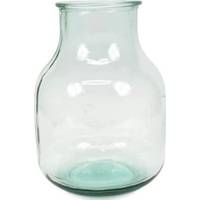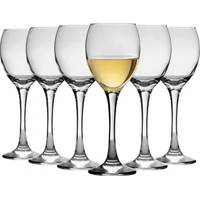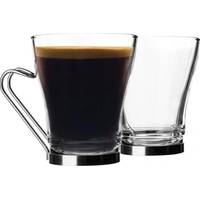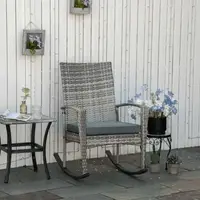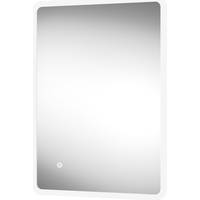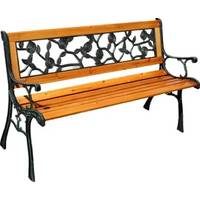Price Tracked On This Product
Highest price was seen £12.50 on 02 Aug 2024
Lowest price was seen £6.50 on 28 Jul 2024
Average price is £6.50 base on 2 price changes
Most recent price is £12.50
[[{"meta":"28 Jul 2024","value":6.5},{"meta":"02 Aug 2024","value":12.5}]]
Description
Cotula coronopifolia, commonly known as brass buttons or water buttons, is a low-growing, mat-forming perennial plant belonging to the Asteraceae family. Native to coastal regions of Australia, New Zealand, and other parts of the Southern Hemisphere, this versatile plant is highly valued for its attractive foliage and ability to thrive in various environments. Physical Characteristics: Brass buttons is characterized by its dense, spreading growth habit, forming a lush carpet of finely divided, fern-like leaves that resemble miniature buttons. The leaves are typically bright green in colour, adding a vibrant splash of colour to the landscape. Growing Conditions: Cotula coronopifolia thrives in full sun to partial shade and prefers moist to wet, well-drained soils rich in organic matter. It is well-adapted to a wide range of soil types. Regular watering is essential, especially during dry periods, to maintain soil moisture and promote healthy growth. Care and Maintenance: Maintaining brass buttons is relatively straightforward. Regular watering is crucial to keep the soil consistently moist but not waterlogged. Pruning or mowing can help control its growth and maintain a tidy appearance, especially in areas where it tends to spread aggressively. Uses: Brass buttons is a versatile plant with a variety of landscaping applications. Its low-growing, spreading habit makes it an excellent choice for ground cover in moist, sunny to partially shaded areas. It can be used to stabilize soil on slopes, prevent erosion along pond margins, or create lush, green carpets in bog gardens, wetland areas, and water features. In summary, Cotula coronopifolia is a delightful and adaptable perennial plant that offers both aesthetic and functional benefits in various landscape settings. Its dense, mat-forming growth habit, attractive foliage, and tolerance to wet conditions make it a valuable addition to gardens, wetlands, and water features.
You may also like
loading
Discover more









































